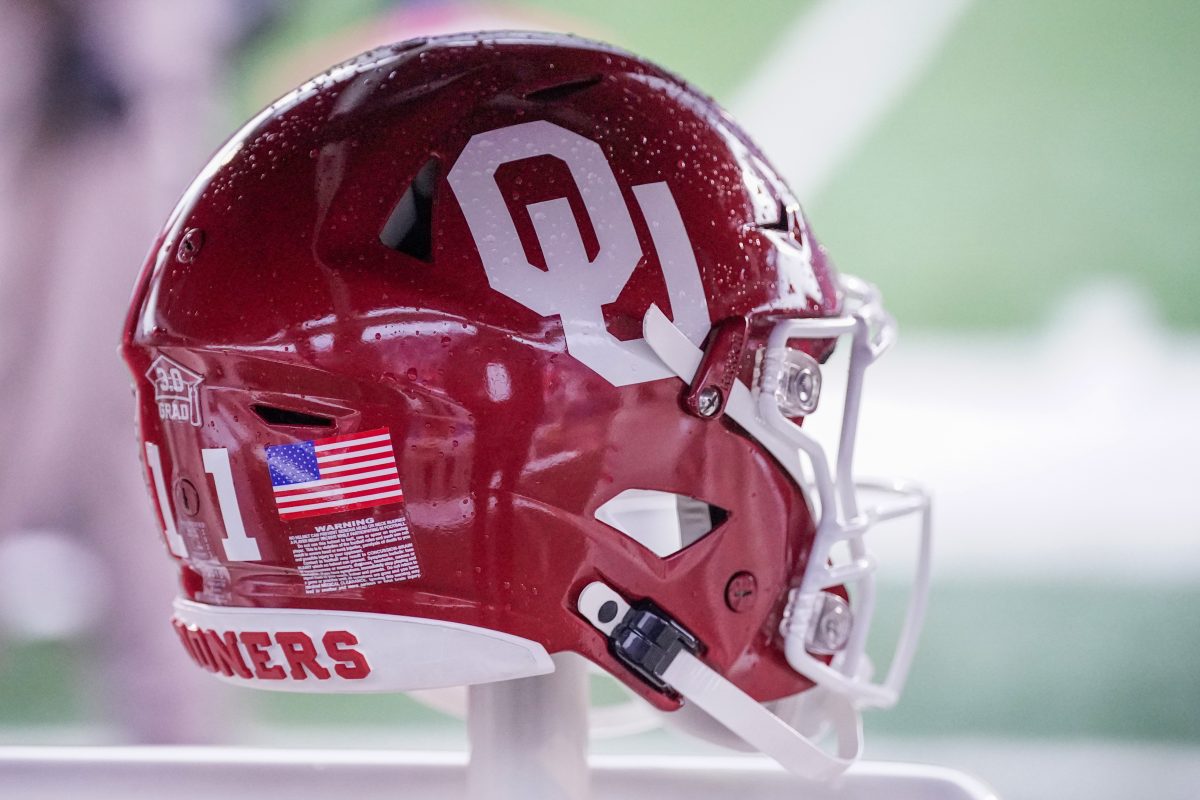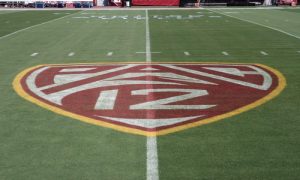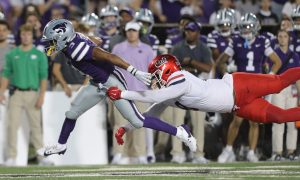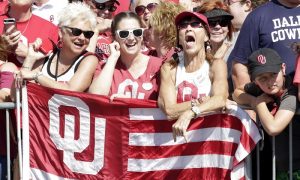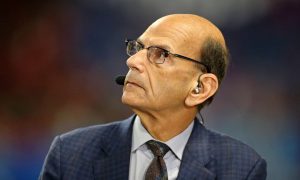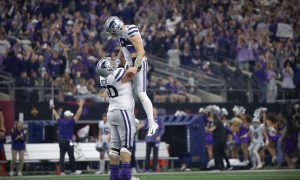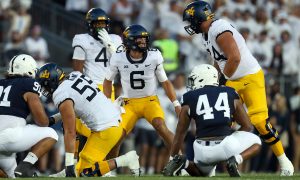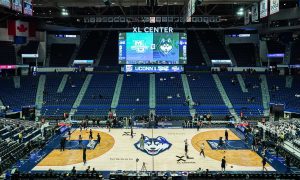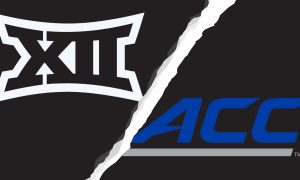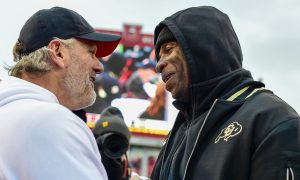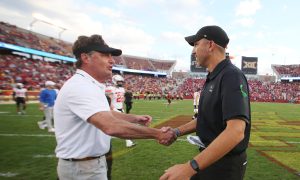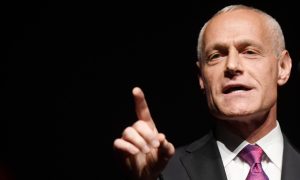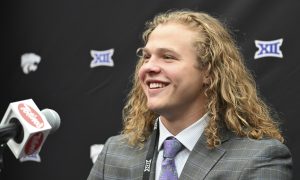We are entering a very interesting period of college sports as athletic departments around the country prepare to operate more like professional sports organizations rather than extensions of academic universities.
The death of the amateur model in college athletics is set to bring a major change to the landscape of sports as we know it, and with changes of that magnitude on the horizon, universities are being forced to learn on the fly in order to stay ahead of the game.
Oklahoma, a newly christened member of the SEC, is doing its best to stay on the cutting edge of this change by partnering with one of the brightest minds in NFL circles.
According to ESPN’s Adam Schefter, the Sooners are partnering with former Philadelphia Eagles executive Jake Rosenberg and his consulting firm, The Athlete Group, to aid in their transition into the “salary cap” era of college athletics.
Schefter goes on to say that those around the sport consider this a “progressive move” on Oklahoma’s behalf, and that Rosenberg is one of Howie Roseman’s (Eagles’ GM) closest advisors.
Rosenberg worked for the Eagles for well over a decade, serving as vice president of football administration and director of football administration during his tenure.
The transition to a “salary cap” era comes as a result of the House v. NCAA settlement, which is set to cost the NCAA and its conferences $2.77 billion in damages over the next 10 years. With the settlement, schools will have the option to opt-in to a revenue-sharing agreement with athletes – something that is expected to cost roughly $20 to $22 million per year for each school.
The changes that will come with this settlement are far-reaching. We should also see several major rule changes, including a change in roster limits and, of course, the answer to the age-old question: Should college athletes be considered employees?
“The best thing we can continue to do is have the best thought leaders at the table to understand the changes that have taken place to try to chart the best course forward and to create the model that is going to best represent the rest of the 21st century,” Oklahoma athletic director Joe Castiglione told On3 in September 2023. “That has all sorts of complexities attached to it. But we’ve got to continue to be bold in creating a strategy going forward…
“There’s just a real difficulty now trying to navigate this period of time. I don’t think anybody would dispute that this is the most tumultuous time that college athletics has ever experienced that we’re not done with.”

